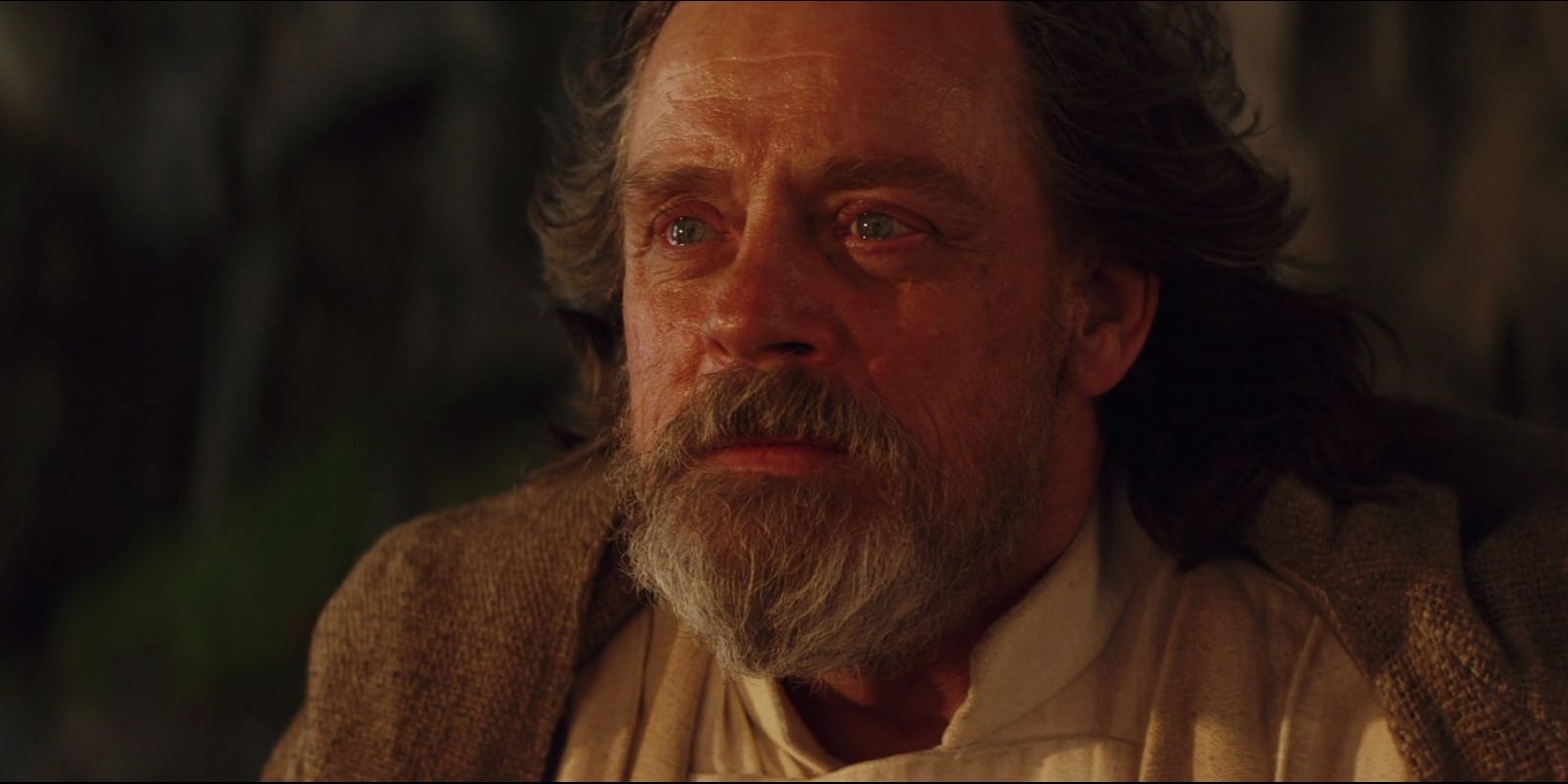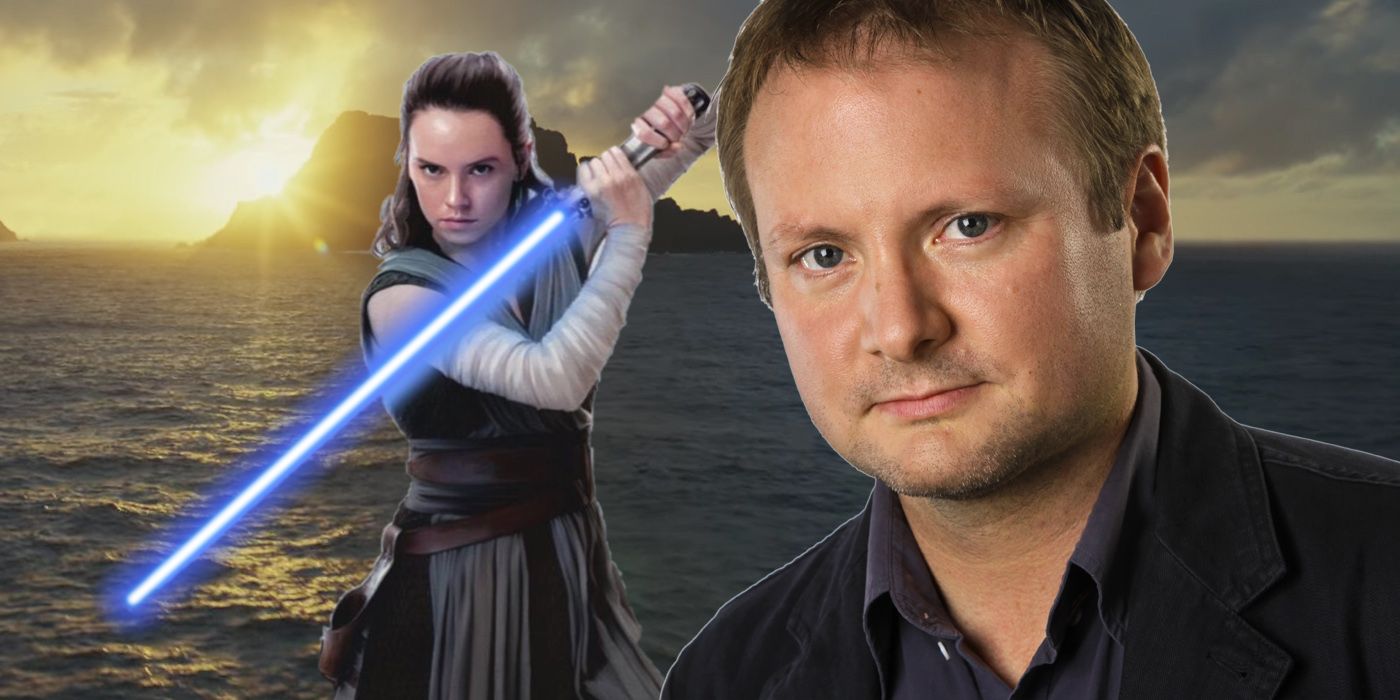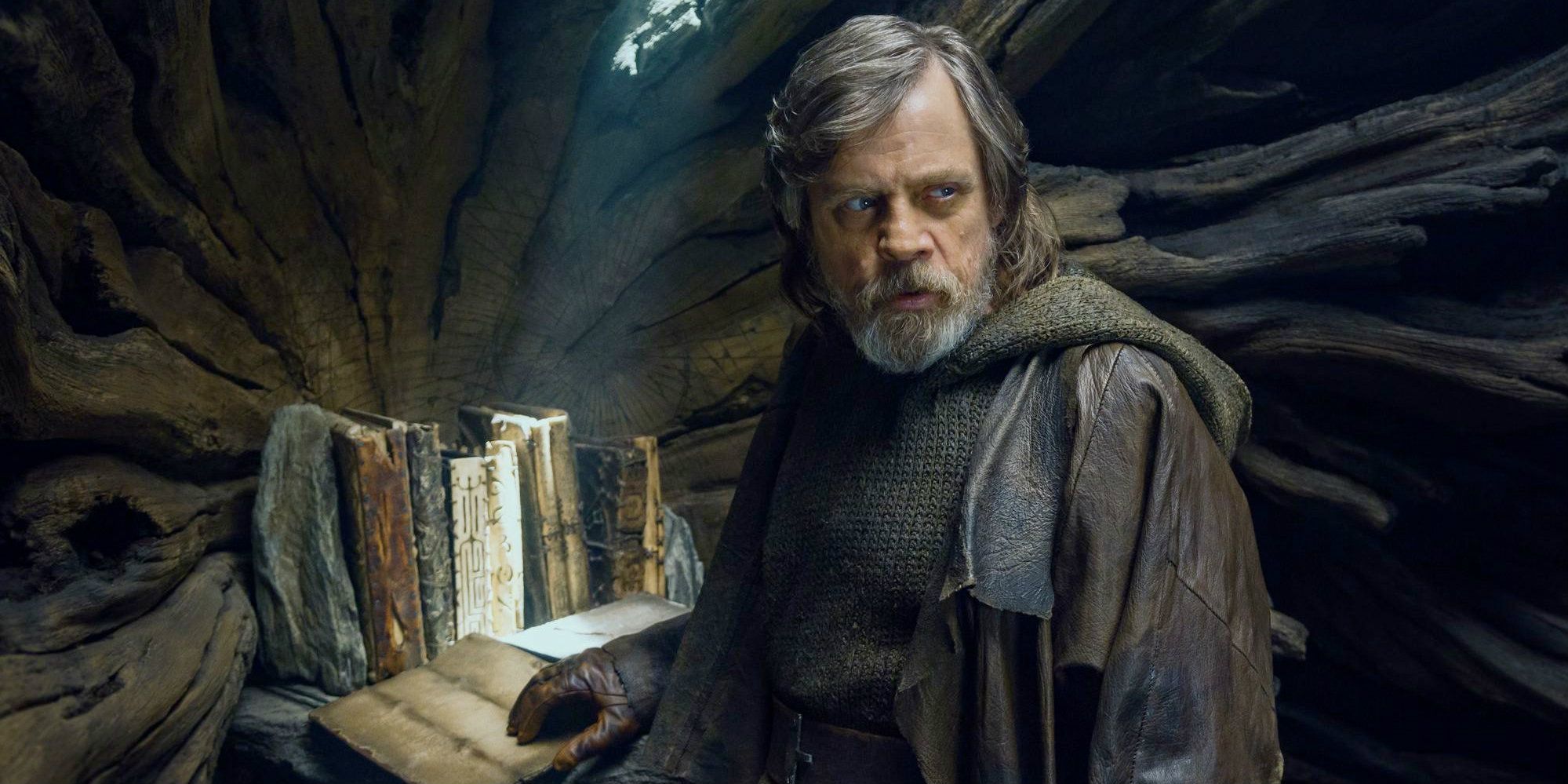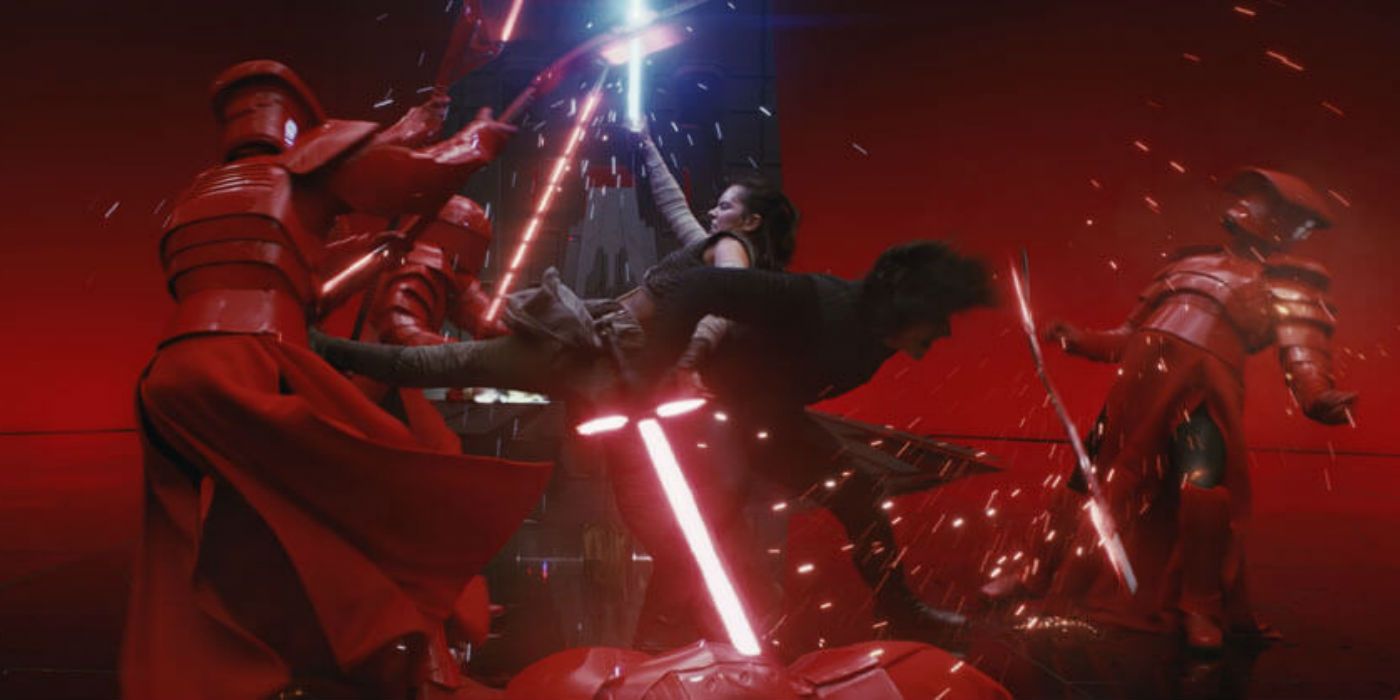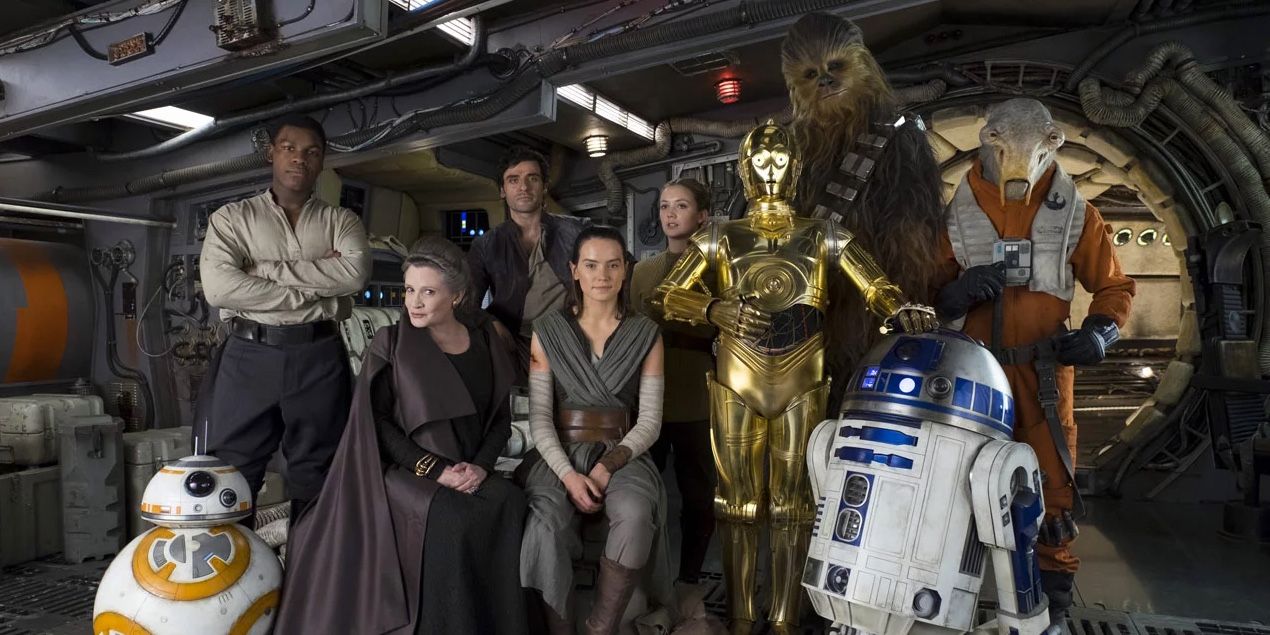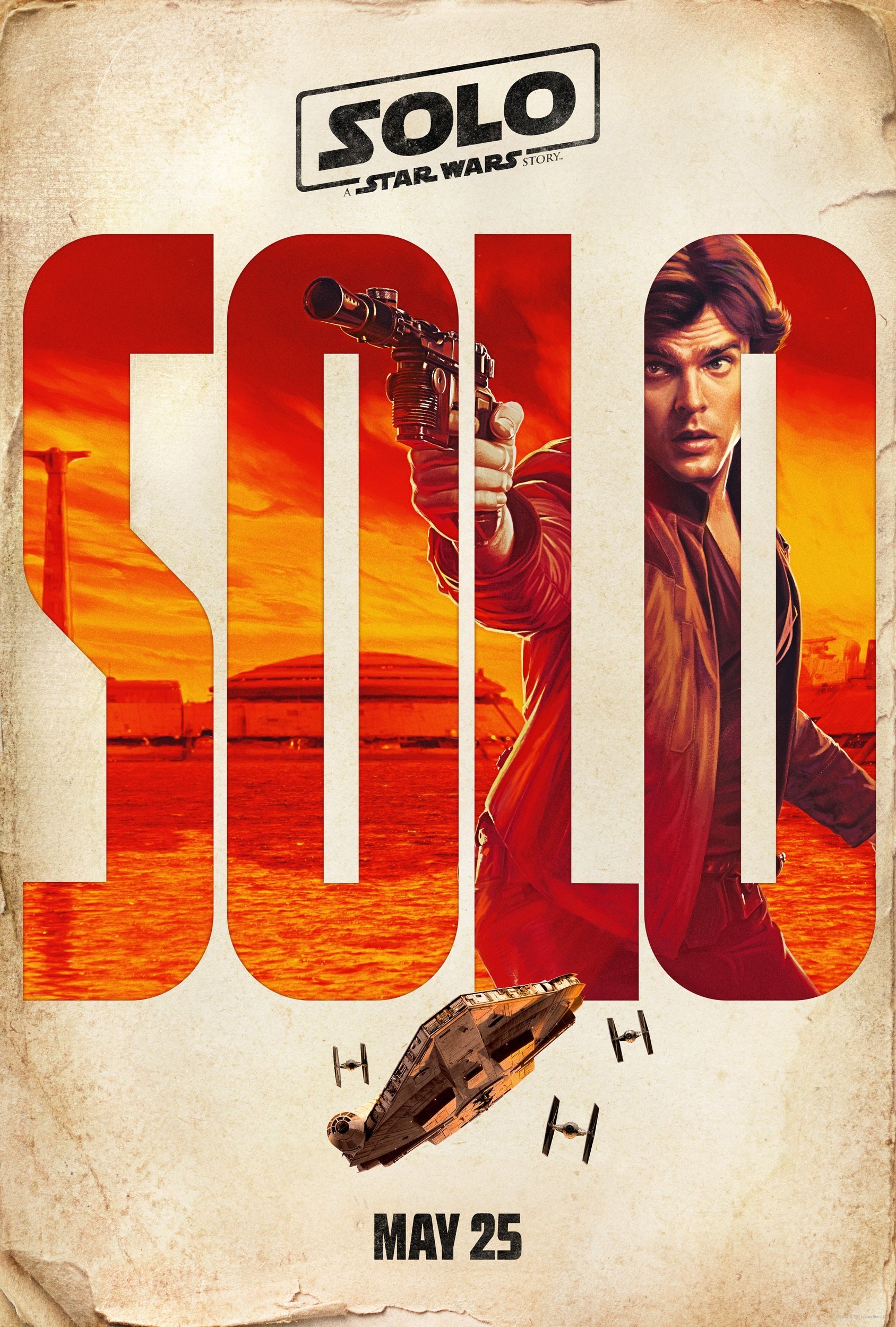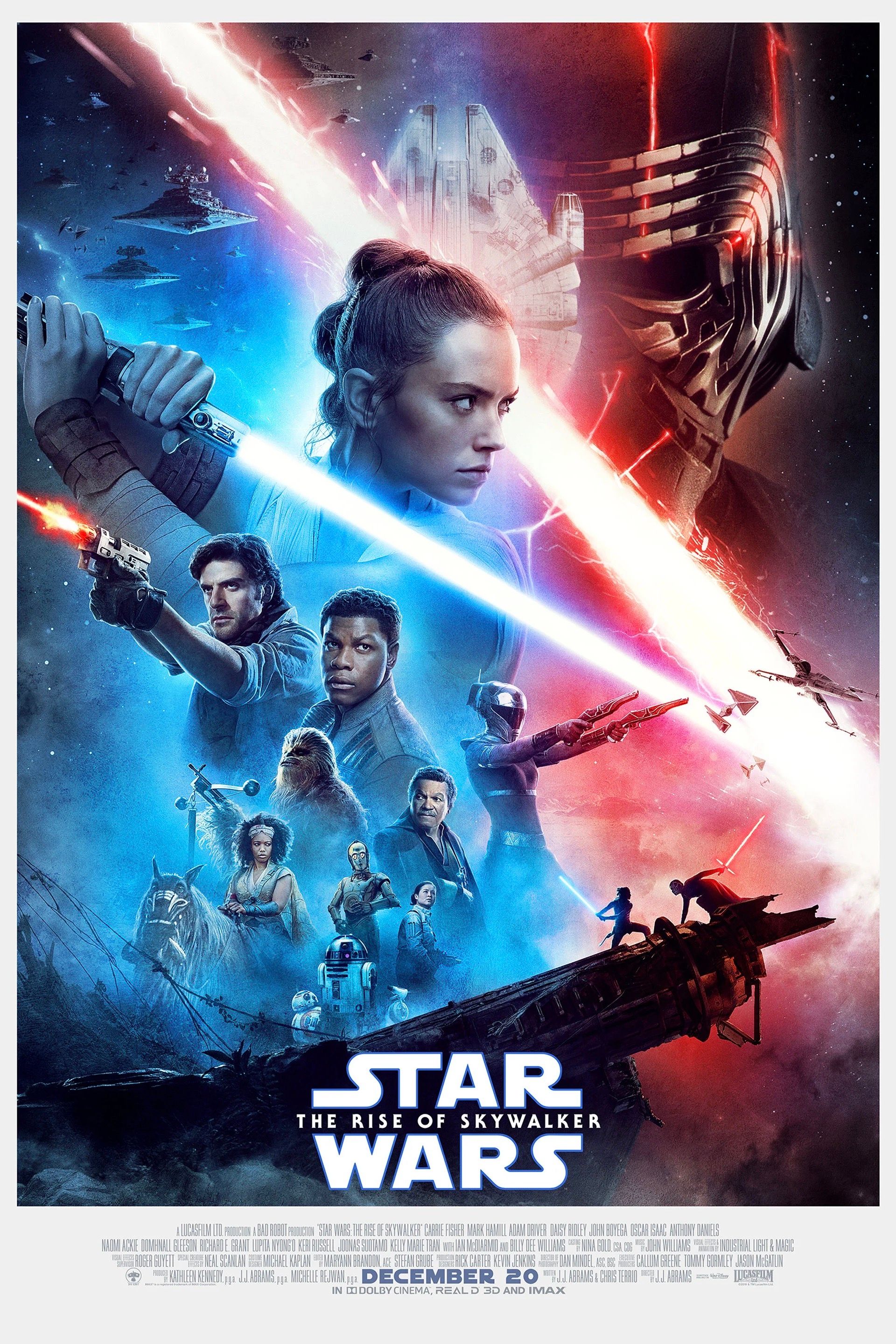As fans celebrate Star Wars Day on May the 4th, there's no better time to look back on The Last Jedi and how it was a celebration of what makes the franchise great. The sequel to the ultra-successful Force Awakens arrived in theaters last December to much hype and anticipation, but it quickly stirred up a considerable amount of controversy. Due to writer/director Rian Johnson's creative decisions, The Last Jedi became the most polarizing Star Wars installment since the prequels, and viewers continue to debate its various pros and cons to this day. Some feel what Johnson did was bold and helped push Star Wars in fresh directions, while others became unsatisfied with the direction of the sequel trilogy.Odds are, final evaluations of The Last Jedi won't be made until Episode IX premieres next year and we can view the entire trilogy as one whole story. Still, when viewed in a vacuum, Last Jedi boasts several notable merits that made it the ideal way to honor the galaxy far, far away during its 40th anniversary. Rian Johnson didn't just made a great Star Wars film, he took the baton from J.J. Abrams and did something truly special with the series. But before we get into that, it's important to address some misconceptions with Last Jedi.
Rian Johnson Didn't Course-Correct After Force Awakens
The Force Awakens recaptured the glory days of the Star Wars series and earned more than $2 billion at the worldwide box office, but there were some common complaints. Chief among them was that the story didn't really do anything new with the material and acted as a soft reboot of A New Hope. The severity of the parallels (and they are there) was exaggerated, but even those who loved Force Awakens knew Episode VIII couldn't just be The Empire Strikes Back 2.0. Abrams later confessed any similarities between Force Awakens and the original film were intentional, and the followups would do some different things.
Related: Episode 9 Won't Be Influenced By Last Jedi Backlash
People may not have been prepared for just how different The Last Jedi was. After two years of fan theories and predictions, the final product seemed to subvert expectations at every turn. Snoke's mysterious backstory didn't matter because the character was just a red herring to mask the true villain of the sequels. Rey's parents ended up being two degenerate alcoholics who sold her for drinking money. The grizzled, tortured Luke Skywalker was a far cry from the original trilogy hero longtime fans grew up with (in a meta twist, Rey was disappointed by the Luke she found on Ahch-To). On the surface, The Last Jedi almost plays as the deliberate antithesis of Force Awakens, but that wasn't Johnson's real intent.
Simply put, The Last Jedi was not a knee-jerk reaction to the criticisms lobbied against Force Awakens. Lucasfilm hired Johnson for the job way back in June 2014, when Episode VII was in the thick of production. He then when right to work on the script, using only Abrams' film as a springboard to his own movie. When Johnson was penning his Last Jedi screenplay, he had no idea what the reaction to anything in Force Awakens would be, so he just followed the threads the best way he could, crafting a narrative that tested its characters in multiple ways by putting them in tough situations. So, when general audiences finally found Luke on the island, Lucasfilm already knew he was a bitter old man waiting to die. Due to the logistics of the production schedule, Johnson's script needed to be finished well ahead of time so the various departments (costumes, props, sets, etc.) could handle their responsibilities. The turnaround was too quick for Last Jedi to be a response to Force Awakens.
People are quick to accuse Johnson of recklessly tossing aside plot points established by Abrams, but that couldn't be further from the truth. It was Abrams who had Luke abandon his friends in their time of need. It was Abrams who had Maz Kanata tell Rey that her parents were never coming back for her. Abrams even didn't really do anything to suggest a massive twist involving Snoke. The director's infamous mystery box reputation and hypothesizing fans were what caused the "Who is Snoke?" question to blow up. All Abrams did was lay the foundation for Johnson to build upon, and the end result championed some of the core themes of Star Wars.
How The Last Jedi Celebrates Star Wars
The prequels introduced the concept of a Chosen One prophecy to Star Wars, which spoke in vague terms about a Jedi savior (believed to be Anakin Skywalker) who would restore balance to the Force. This, combined with infamous midichlorian counts, seemed to strip Star Wars of one of its main values. Part of the appeal of A New Hope was the everyman qualities of Luke Skywalker, which told audiences that anyone could be a hero if they were strong and determined enough. The knowledge that Force sensitivity was determined by blood tests and could be hereditary arguably contrasted with that message. And though The Last Jedi goes a great length to conclude the story of the prequels, it also restores one of the best aspects of the original.
Related: Mark Hamill Loves Last Jedi's Broom Boy Ending
Since turning into a familial soap opera, several viewers have joked that the only people of note in this wide universe are a Skywalker or Solo. So, it can't be overstated how important it was to have Rey really come from nowhere. The protagonist of this story isn't the descendent of an all-powerful Force user, she's just a seemingly normal person leading a mundane existence who happens to be able to tap into this mystical energy. Even in A New Hope, it was established Luke was the son of a fallen Jedi. Rey's parents are so insignificant to the greater picture, they may never get names. It's also no coincidence that Rey's closest companions are a stormtrooper who defected, a Resistance pilot, and an engineer. They're the new generation of heroes that will save the galaxy from tyranny, while the legacy child in all this succumbs further and further into darkness. The final scene with Broom Kid underscores Johnson's point very clearly. Anybody can be a hero. Bloodlines do not matter.
The Last Jedi also served as a reminder there was a time when Star Wars challenged its audience. It seems funny now, but Empire Strikes Back (the gold standard of the franchise) was considered polarizing when it first opened. After the whiz-bang space adventure of New Hope, Empire was a film that saw its main heroes fail (sound familiar?), revealed the wise old mentor was a liar (from a certain point of view, of course), and completely changed the fabric of the series with four words. It surprised viewers, much like how The Last Jedi surprised viewers and, at times, made them uncomfortable. There are some harsh realities to be confronted in Episode VIII. It plays as a commentary about the dangers of hero worship, showing us that even those with the best intentions are inherently flawed and will come up short in critical situations. It's brave enough to use failure as a teaching tool, asking its heroes to not just defeat the villains, but overcome their own personal faults. Johnson was trying to channel a time when Star Wars was unexpected and moviegoers had no idea what was possible.
For all the deconstructing Johnson did in The Last Jedi, he still maintained some traditional staples. Perhaps the theme Star Wars is most synonymous with is hope. No matter how dour things get, there's always at least a sliver of light to hold on to. Anakin's transformation into Darth Vader coincided with the birth of Luke and Leia. Galen Erso's sabotage gave the fledging Alliance the inspiration they needed to steal the Death Star plans. Rey's awakening was the Force trying to offset Kylo Ren's growing strength in the dark side. For Last Jedi, that hope is personified by the New Hope himself, Luke, who reignites the spark with an epic self-sacrifice that leaves an impact across the galaxy. His showdown against Kylo Ren is one of the more emotional conclusions in the series - not just because Luke redeemed himself at the end, but because the rebellion was reborn and the war is just beginning. As was the case with his birth, Luke's death gave the galaxy a new hope to put faith in.
-
When Johnson was gearing up to start production on The Last Jedi, none other than Abrams said he loved the script so much, he wished he could have directed the movie. Considering all the perceived Force Awakens retcons that take place, that's a ringing endorsement. Lucasfilm was also very pleased with the way things turned out, handing Johnson his own Star Wars trilogy without so much as a story in place. Kathleen Kennedy has received her fair share of criticisms in some circles, but a deeper analysis of Last Jedi shows she has a clear understanding of what makes the franchise so memorable. Entrusting Johnson with the future of the brand was a major statement that the filmmaker can blend old concepts with exciting new paths, honoring Star Wars' rich legacy.

